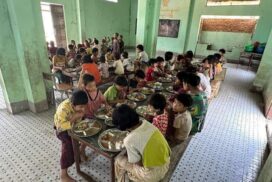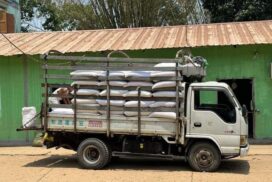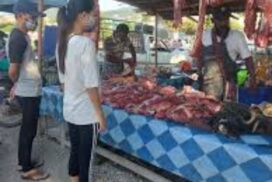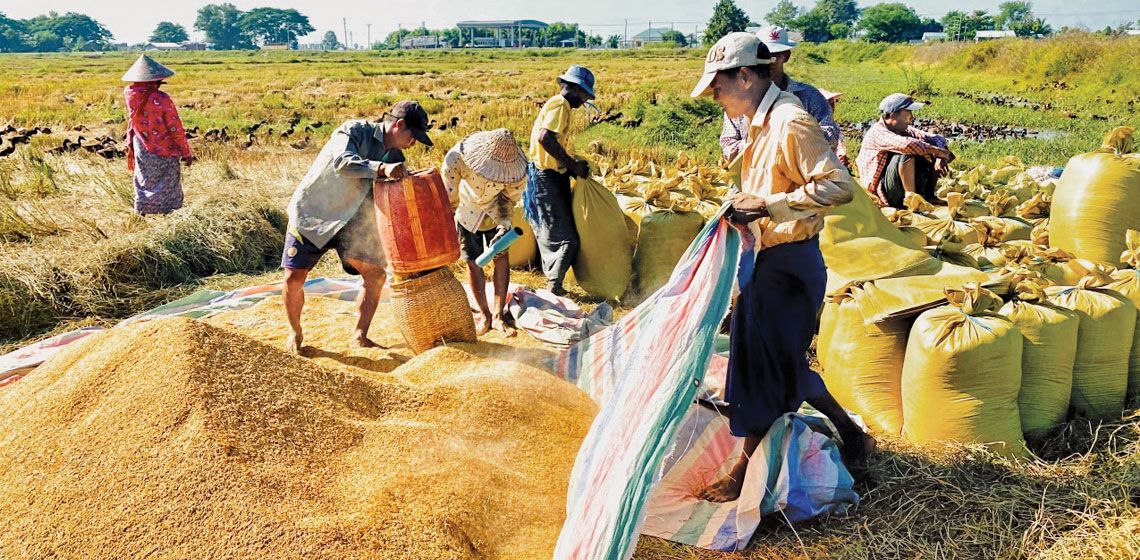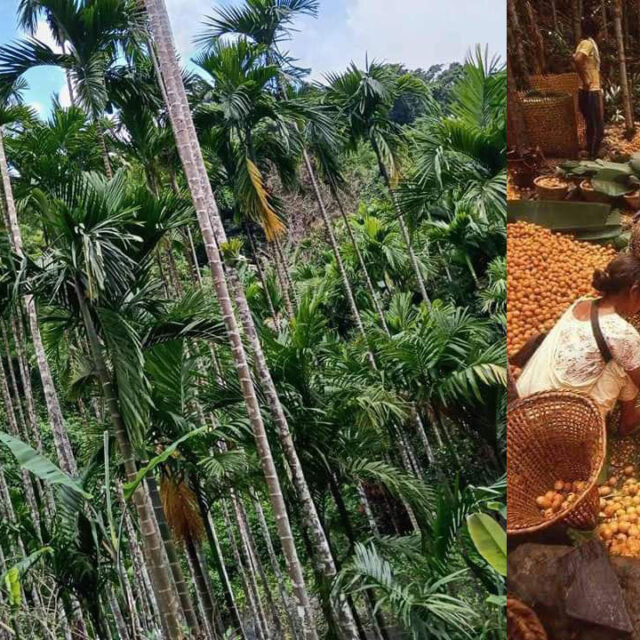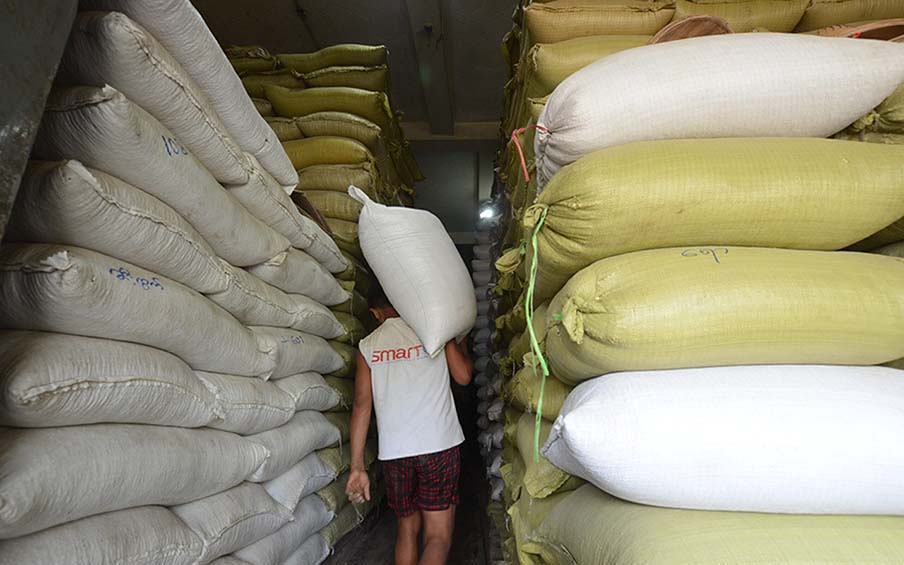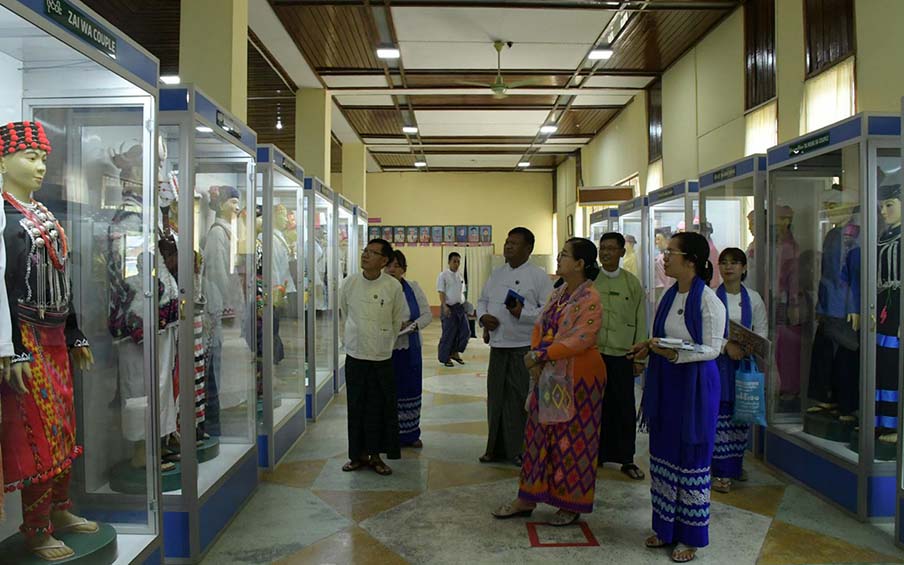The agricultural and livestock sectors play a crucial role in providing food for local consumption and generating income for various industries. Among these sectors, cattle farming, particularly raising dairy cows, holds significant importance in food production.
Local animal breeders focus on dairy cow farms to produce milk and dairy products. However, the current domestic production is insufficient to meet the local demand. Consequently, businesses import substantial quantities of dairy products like condensed milk and milk powder, spending over US$5 million annually from countries such as Singapore, Malaysia, Lithuania, New Zealand, the United States, and Ukraine.
To overcome the current limitations and pave the way for future growth, a national dairy cattle improvement program is essential. This comprehensive program should encompass aspects like genetics, nutrition, and management to enhance milk quality and production efficiency. By doing so, it will be possible to meet the growing demands for milk and dairy products in Myanmar.
To address this issue, relevant ministries and the Myanmar Dairy Association are collaborating to reduce the reliance on imports, cut foreign exchange spending, promote local dairy milk producers, and protect domestic businesses in the milk and dairy product sector. To achieve these goals, they are implementing a five-year plan that involves increasing the breeding of pedigree dairy cattle and focusing on genetic improvements.
With this initiative, approximately 300,000 milch cows are being raised across the nation, resulting in annual milk production of about 800,000 tonnes. Despite this progress, Myanmar citizens consume an average of 26 kilogrammes of milk per year, leading to the continued need for imports to meet the local demand.
The Myanmar dairy sector is still in its early developmental stage, facing challenges such as limited knowledge, skills, infrastructure, food safety standards, genetics, funding, and data recording systems. To support the farmers and expand the dairy product industry, institutions like the Myanmar Dairy Association have been established.
To overcome the current limitations and pave the way for future growth, a national dairy cattle improvement program is essential. This comprehensive program should encompass aspects like genetics, nutrition, and management to enhance milk quality and production efficiency. By doing so, it will be possible to meet the growing demands for milk and dairy products in Myanmar.
In conclusion, the agricultural and livestock sectors, particularly cattle farming and dairy cow breeding, play a vital role in food production and economic growth. Although Myanmar has made significant strides in milk production, it still relies on imports to satisfy local demand. To achieve self-sufficiency and support the domestic dairy industry, concerted efforts are underway to enhance breeding practices and genetic improvements. Additionally, investments in knowledge, infrastructure, food safety, and data recording systems are crucial for the sustainable growth of the dairy sector in Myanmar.

